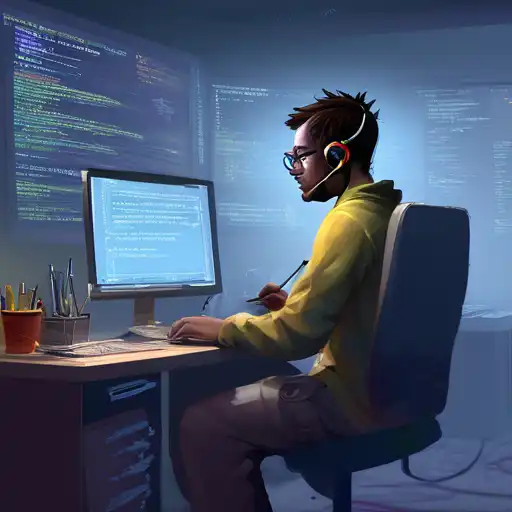Introduction to Debugging for New Programmers
Debugging is an essential skill for any programmer, especially for those just starting out. It involves identifying and resolving errors or bugs in your code that prevent it from running correctly. This article will provide you with essential debugging strategies to help you become more efficient and confident in your coding journey.
Understand the Error Messages
One of the first steps in debugging is to understand the error messages your development environment throws at you. These messages are designed to help you pinpoint where the problem lies. Take the time to read them carefully and research any terms or codes you don't understand.
Break Down Your Code
When faced with a bug, try breaking down your code into smaller sections. This makes it easier to isolate the problem. Comment out parts of your code and run it piece by piece to identify where the issue occurs.
Use a Debugger Tool
Most integrated development environments (IDEs) come with built-in debugger tools. These tools allow you to step through your code line by line, inspect variables, and see the flow of execution. Learning to use these tools can significantly speed up your debugging process.
Check for Common Mistakes
Many bugs are the result of common mistakes such as typos, incorrect variable names, or misplaced semicolons. Always double-check your code for these simple errors before diving deeper into more complex debugging strategies.
Take a Break
Sometimes, the best debugging strategy is to step away from your code for a while. Taking a break can help clear your mind and allow you to return with a fresh perspective, making it easier to spot mistakes you might have overlooked.
Seek Help When Needed
Don't hesitate to seek help when you're stuck. Online forums, coding communities, and even colleagues can offer valuable insights and solutions to your debugging challenges. Remember, every programmer has been in your shoes at some point.
Practice Makes Perfect
Debugging is a skill that improves with practice. The more you code and encounter bugs, the better you'll become at identifying and fixing them. Embrace each debugging session as a learning opportunity.
Conclusion
Debugging is an inevitable part of programming, but with the right strategies, it doesn't have to be daunting. By understanding error messages, breaking down your code, using debugger tools, and seeking help when needed, you'll become more proficient at debugging in no time. Remember, every bug you fix makes you a better programmer.
For more programming tips, check out our programming tips section.
